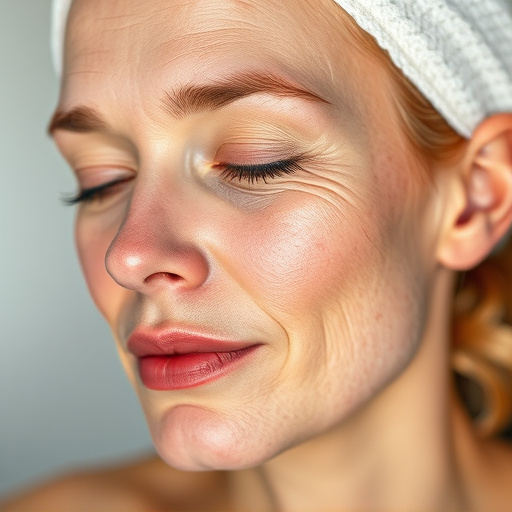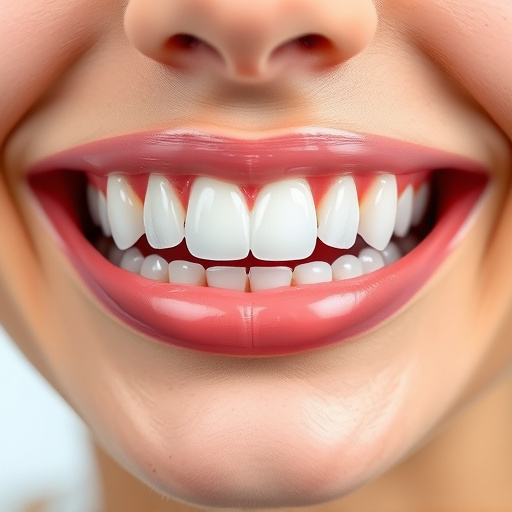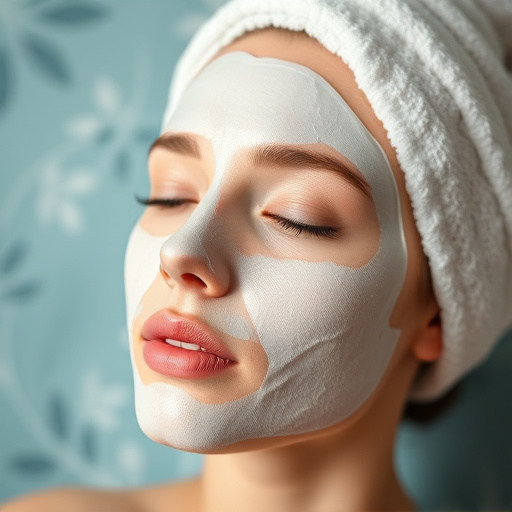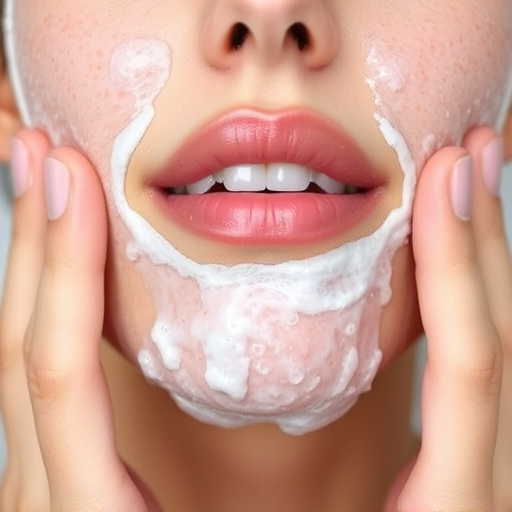Dermatitis, a broad term for skin inflammation with various types (atopic, contact, seborrheic, nummular), has differing causes from genetic predispositions to environmental triggers. Effective dermatitis treatment involves identifying the specific type and cause, leading to options ranging from natural remedies (aloe vera, oatmeal baths, essential oils) and personalized skincare routines to prescription medications (topical corticosteroids, antihistamines, oral immunosuppressants). Adjunctive therapies like laser hair removal and skin rejuvenation services at medical spas further aid in managing symptoms and improving skin health.
“Dermatitis, a broad term encompassing various skin conditions, can cause discomfort, itching, and inflammation. This article explores comprehensive dermatitis treatment options, catering to diverse preferences. We begin by unraveling the types and causes of this complex skin issue. Subsequently, natural remedies offering relief from symptoms without pharmaceuticals are discussed. For those requiring more intensive approaches, we delve into prescription medications, guiding you on their use. Explore these avenues to find the most suitable dermatitis treatment for your needs.”
- Understanding Dermatitis: Types and Causes
- Natural Remedies for Itching and Inflammation Relief
- Prescription Medications: When and How to Use Them
Understanding Dermatitis: Types and Causes

Dermatitis is a broad term encompassing various skin conditions characterized by inflammation, redness, itching, and rashes. It’s essential to understand that dermatitis isn’t a single disease but rather a symptom of an underlying issue. Different types include atopic dermatitis (eczema), contact dermatitis, seborrheic dermatitis, and nummular dermatitis, each with distinct triggers and manifestations.
The causes of dermatitis are multifaceted, ranging from genetic predisposition and environmental factors to specific substances or allergens that come into contact with the skin. For instance, atopic dermatitis is often linked to a combination of genetic susceptibility, an overactive immune system, and environmental irritants like detergents, perfumes, or certain foods. Other types may be triggered by exposure to chemicals, sunlight, or even stress. Identifying the specific type and cause is crucial in determining the most effective dermatitis treatment options, ranging from natural remedies for mild cases to prescription medications for more severe instances.
Natural Remedies for Itching and Inflammation Relief

For those seeking relief from dermatitis symptoms like itching and inflammation, natural remedies offer a soothing path. Topical applications of aloe vera gel have long been praised for its cooling effects on irritated skin. Similarly, oatmeal baths or using oatmeal-based creams can provide significant comfort due to their anti-inflammatory properties.
Essential oils, such as lavender and chamomile, are also popular choices. When diluted correctly, these natural extracts can help reduce itching and promote healing. In addition, personalized skincare routines focusing on gentle cleansing and moisture retention with non-surgical treatments like chemical peels or microdermabrasion can be beneficial in managing dermatitis symptoms, enhancing skin brightening, and improving overall skin texture.
Prescription Medications: When and How to Use Them

When it comes to prescription medications for dermatitis treatment, there are several options available that can significantly alleviate symptoms and improve skin health. These treatments are typically recommended when over-the-counter remedies prove ineffective or when more severe forms of dermatitis are diagnosed. Prescription drugs often target specific causes of inflammation and itching, offering targeted relief.
For instance, topical corticosteroids are commonly prescribed to reduce inflammation and suppress the immune system in affected areas. They come in various strengths and forms, such as creams, ointments, or foams, and are applied directly to the skin. Antihistamines may also be prescribed to block histamine receptors, thereby decreasing itching and discomfort associated with dermatitis. In more severe cases, oral medications, including immunosuppressants and biologics, can be used to control inflammation and manage symptoms over the long term. Additionally, procedures like laser hair removal or medical spa services offering skin rejuvenation treatments might be considered as adjunctive therapies to address specific contributing factors of dermatitis in certain individuals.
Dermatitis treatment options vary greatly, from natural remedies offering soothing relief to prescription medications that target specific causes. Understanding the different types and causes of dermatitis is key to selecting the right approach. Whether opting for herbal remedies or pharmaceutical interventions, knowing when and how to use them ensures effective management. With a range of choices available, individuals can find tailored dermatitis treatment to address their symptoms and improve their skin health.














